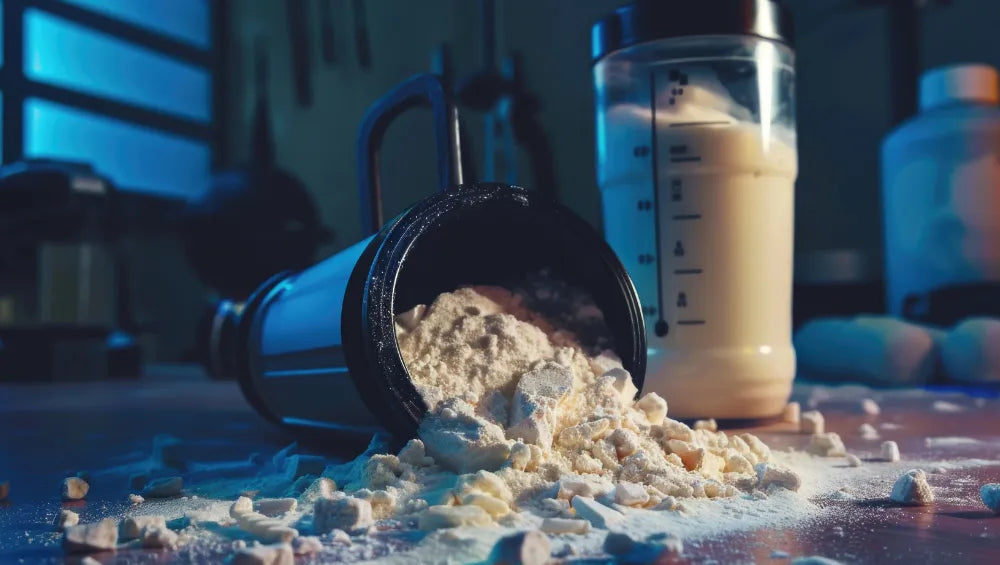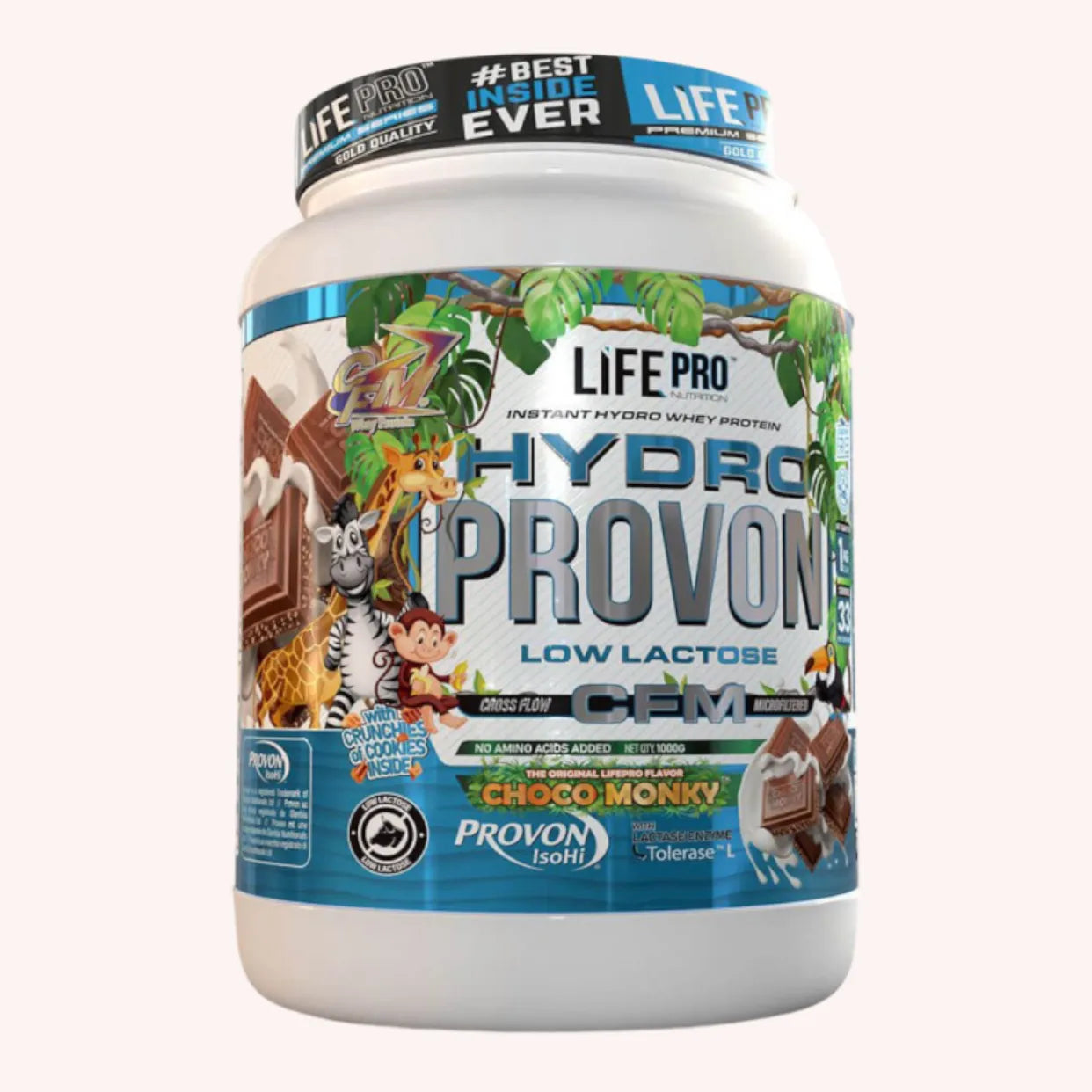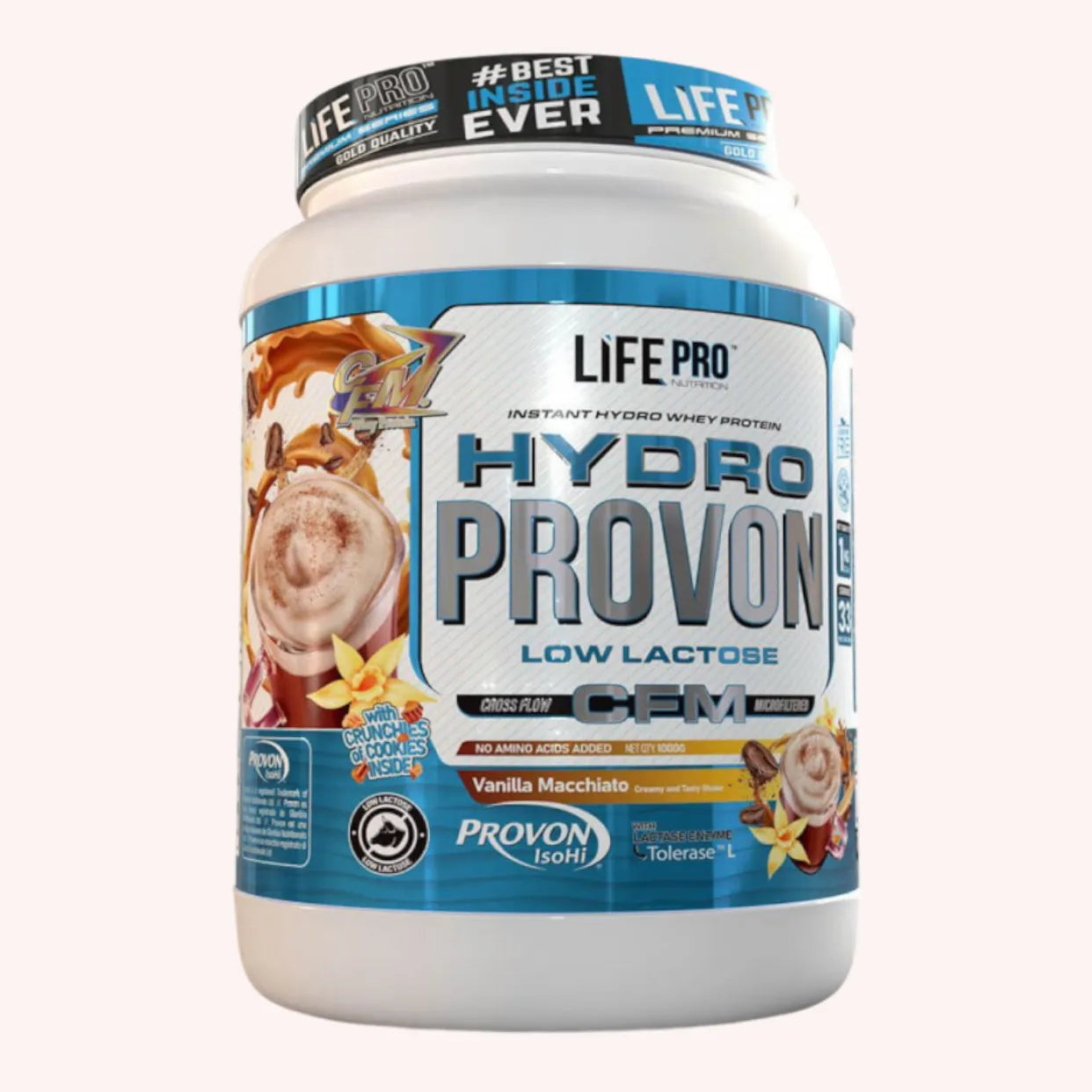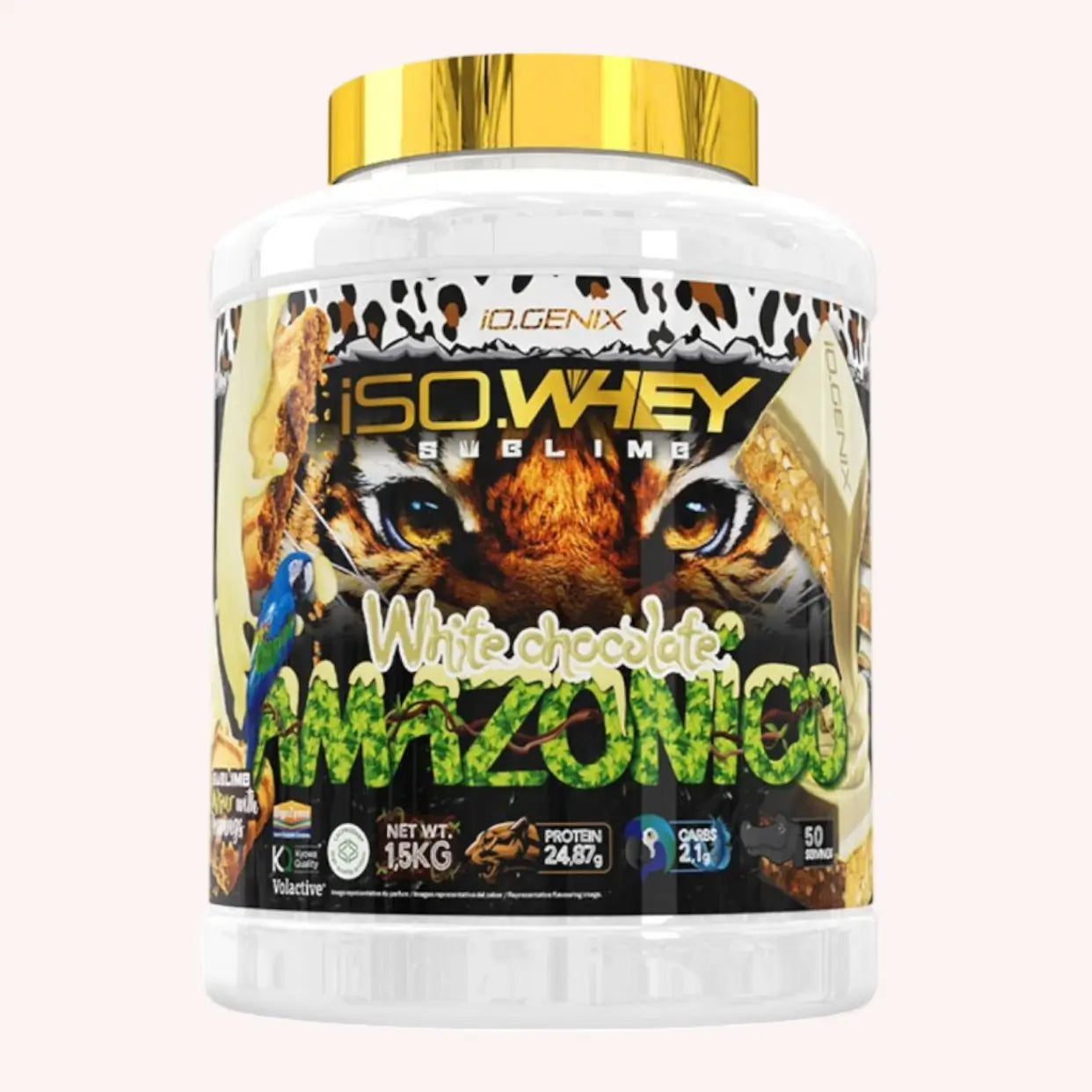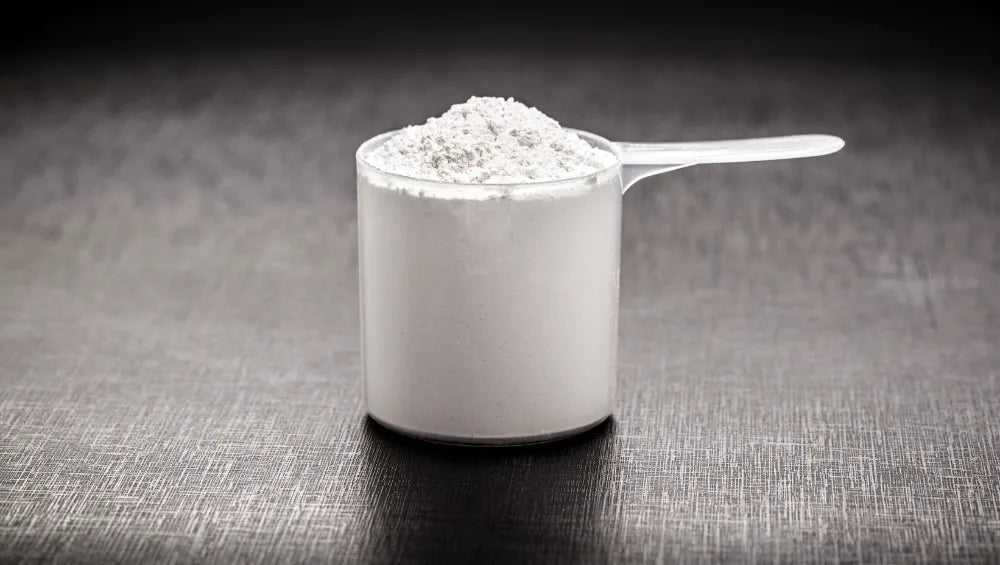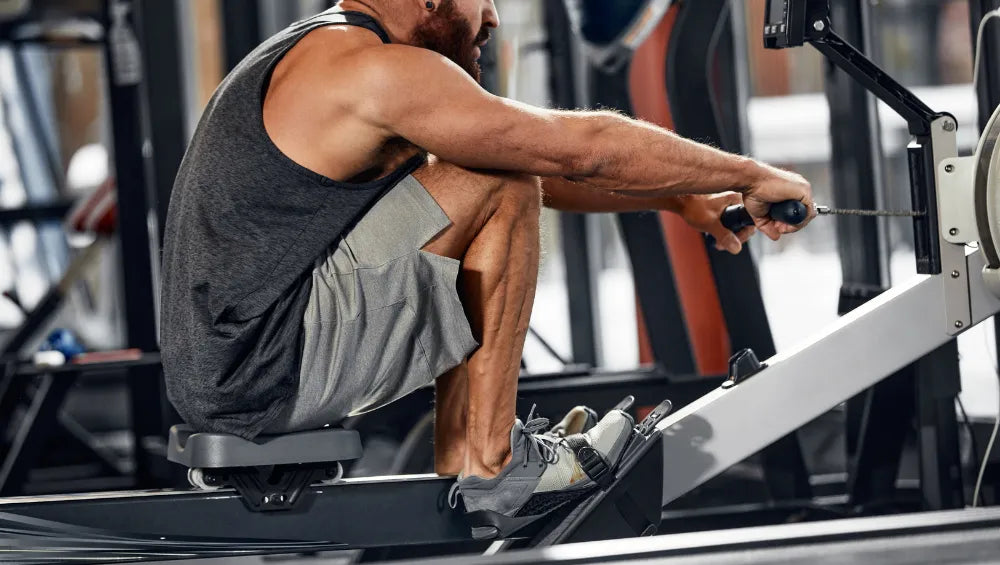Protein plays an essential role in building and maintaining muscle. It's especially important for bodybuilders, who intensively challenge their muscle mass through various exercises. Let's answer the following question: How much protein should you consume per day for regular bodybuilding? Everything you need to know about the quality of protein sources and the influence of certain factors that can influence this recommendation.
Recommended protein intake for bodybuilding
To fully understand protein needs, it's first important to consider the recommended intakes for the general public. Health authorities generally recommend protein intakes of between 0.8 and 1 g per kilogram of body weight per day for healthy individuals. These recommendations vary significantly depending on several criteria:
- Weight: The more you weigh, the more protein you will need to support your body.
- Age: Protein needs increase with age, especially after age 65.
- Gender: Men generally have higher needs than women due to their greater muscle mass.
- Physical activity level: Engaging in intense and regular physical activity increases protein requirements to support effort and promote recovery.
Protein Amount Based on Body Weight
When determining the amount of protein you need per day for bodybuilding, you need to consider your body weight. Experts generally agree that consuming 1.2 to 2.2 grams of protein per kilogram of body weight is sufficient to maximize muscle fiber growth and prevent muscle breakdown.
Calculation and daily distribution of proteins
- Determine your minimum protein requirement by multiplying your weight (in kg) by 1.2.
- Determine your maximum protein requirement by multiplying your weight (in kg) by 2.2.
- Then distribute the total amount of protein required (minimum or maximum) over all the meals of the day.
Let's take the example of an 80 kg man who is bodybuilding for mass gain. Based on general recommendations, he should consume between 128 and 176 g of protein per day (80 kg x 1.6 to 2.2 g). To make meal planning easier, this amount can be distributed over the main meals of the day:
- Breakfast: 30 g
- Lunch: 50 g
- Post-workout snack: 20g
- Dinner: 50 g
The influence of various personal and environmental factors
In the context of bodybuilding, protein needs are even higher than normal. Indeed, the practice of this discipline involves increased use of the muscles, which must benefit from all the nutrients necessary to develop and strengthen. Thus, bodybuilding practitioners are advised to consume between 1.6 and 2.2 g of protein per kilo of body weight per day , a quantity that can be adjusted according to factors specific to each individual:
- The objectives pursued (mass gain, dry, maintenance).
- The level of practice (beginner, intermediate, advanced).
- Training volume (number and intensity of weekly sessions).
- The type of protein consumed.
Training intensity
The more intense your workouts and the heavier your workload, the more protein you need to consume to compensate for the muscle breakdown caused. Therefore, consuming close to the maximum recommended values can be beneficial in these situations.
The level of experience in bodybuilding
Beginners generally require more protein than experienced athletes because their bodies must build a large amount of muscle tissue to adapt to the new demands. As you progress, your protein needs decrease slightly, as you're already approaching your maximum genetic potential.
Specific objectives
For those whose primary goal is to gain muscle mass, it might be wise to aim for a protein consumption close to the recommended maximum, in order to maximize protein synthesis and therefore promote anabolism.
Conversely, for those primarily seeking to lose weight or improve their body composition, a moderate protein intake is often sufficient.
The type of protein consumed
Not all protein sources are created equal in terms of absorption and biological value. Choose complete proteins , such as those from dairy, meat, fish, eggs, and legumes combined with grains, to ensure the best nutritional quality of your diet.
Choosing the right sources of protein
Once your daily protein intake has been established, it is essential to select the right foods to achieve this goal. There are two main categories of dietary protein:
Animal proteins
They are considered high quality due to their richness in essential amino acids. Some of the best sources of animal protein include:
- Meat (beef, pork, lamb)
- Poultry (chicken, turkey)
- Fish (tuna, salmon, mackerel)
- Seafood (shrimp, mussels)
- Eggs
- Dairy products (milk, yogurt, cheese)
Plant proteins
They are also essential for a balanced diet, especially for vegetarian or vegan athletes. Some of the best sources of plant-based protein include:
- Legumes (lentils, chickpeas, kidney beans)
- Whole grains (rice, quinoa, bulgur)
- Seeds (chia, flax, sesame)
- Nuts (almonds, walnuts, peanuts)
- Tofu and soy products (tempeh, seitan)
- Plant-based protein powders (pea, hemp, rice)
Adapt your protein consumption over time
It is essential to regularly monitor your protein intake so that you can adjust your daily dosage if necessary. Indeed, various factors can influence protein needs and force you to review the amount you consume:
- A change in weight or muscle mass
- A change of objective (mass gain, dry, strengthening)
- Changes in training (volume, intensity, frequency)
- The level of experience and progression in bodybuilding
Some tips for reaching your protein goals
To effectively cover your protein needs for bodybuilding, here are some tips:
- Eat protein-rich foods: Vary your protein sources (animal and plant) to optimize your intake of amino acids essential for muscle growth.
- Limit low-protein foods: Choose more concentrated sources of protein (such as cottage cheese, poultry, legumes, or fish).
- Use food supplements to increase your protein intake: Protein powders (whey, casein or vegetable) are practical and easy to incorporate into different types of meals.
Amount of protein per day for bodybuilding: In summary
In short, it's important to accurately determine your protein needs to optimize bodybuilding results. Taking the various factors mentioned into account will help you establish a dosage tailored to each individual and choose the most appropriate protein sources. This way, you'll be able to get the most out of your training and progress quickly in your discipline.




